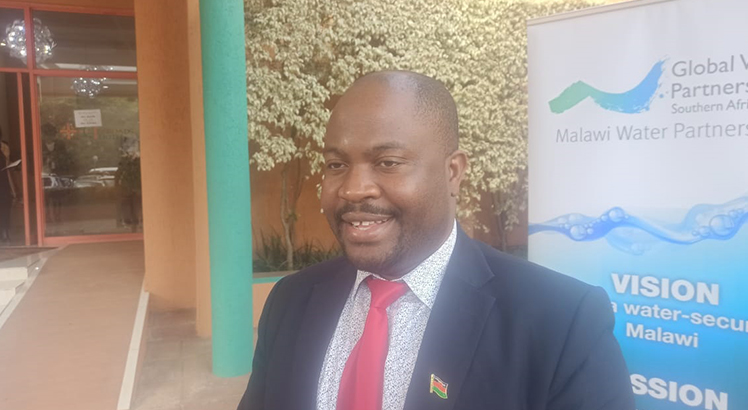Slow pace towards water SDG target stirs outrage
Water, sanitation and hygiene (Wash) sector players have voiced dissatisfaction with the country’s slow progress in implementing interventions to achieve Sustainable Development Goal (SDG) six target.
SDG Six compels United Nations member countries like Malawi to achieve universal access to potable water by 2030.
Global Water Partnership- Malawi programme coordinator Deborah Muheka observed that a significant portion of communities do not have access to potable water eight years before the deadline.

She was speaking during a stakeholder consultative meeting in Lilongwe yesterday
Said Muheka: “Given the cross-cutting nature of water resources and the interdependent nature of the SDGs, the lack of progress on SDG Six hinders progress towards meeting other SDG targets.
“While some progress had been made, the global community was not on track to achieve the water targets by 2030”.
She said to steer the country on track, there is need for government, the private sector, civil society and development partners to invest more in water resources management and Wash.
In his remarks, Ministry of Water and Sanitation head of policy and planning Max Wengawenga admitted that attaining SDG Six was a challenging task.
He, however, was quick to express government’s commitment towards addressing Wash challenges.
Said Wengawenga: “This is 2022 meaning we still have eight years to get to 2030, but you can agree with me that it’s an uphill drive and we need more efforts to be done.
He added that one major challenge was the water sector financing, but he was optimistic of success, banking on support from the World Bank and African Development Bank, United Nations Children’s Fund, among other development partners.
Global Water Partnership Malawi is championing the Global Water Leadership Programme in Malawi set to be launched in August.
It aims to get the poor and vulnerable people in low and middle income countries to use resilient, safely managed Wash services.
The targeted countries include Malawi, Tanzania, Madagascar, Rwanda, Uganda, Central African Republic, Chad, Bangladesh, Nepal, and Palestine.





